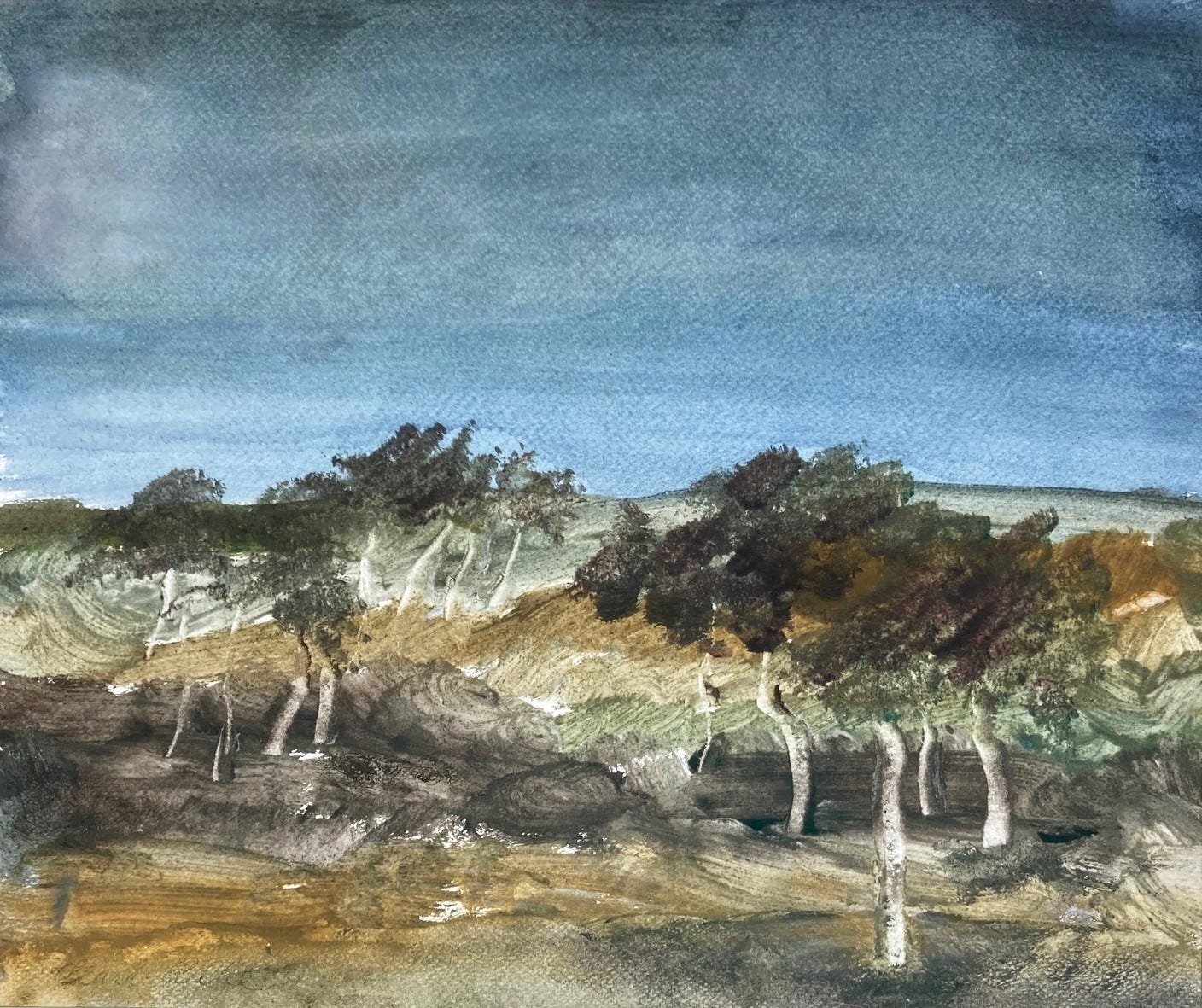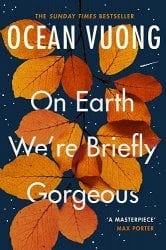Here we are
in January 2025
On the 1st January 1907, the German poet Rainer Maria Rilke wrote to his wife, the sculptor Clara Rilke-Westhoff:
“And now let us believe in a long year that is given to us, new, untouched, full of things that have never been, full of work that has never been done, full of tasks, claims, and demands; and let us see that we learn to take it without letting fall too much of what it has to bestow upon those who demand of it necessary, serious, and great things.”
"Und nun wollen wir glauben an ein langes Jahr, das uns gegeben ist, neu, unberührt, voll von Dingen, die es noch nie gab, voll von nie getaner Arbeit, voll von Aufgaben, Ansprüchen und Zumutungen; und wollen sehen, dass wir es annehmen lernen, ohne allzuviel fallen zu lassen von dem, was es zu vergeben hat an die, welche Notwendiges, Ernstes und Großes von ihm fordern."
For many, January is a month to reflect, take stock and make plans. Right now I am sitting at my desk, thinking about why I write this newsletter. First and foremost it is a complete joy and a luxury to carve out some time and focus on music or an artist I discovered, a book I’ve read or a backstage-related subject I can dive deeper into, explore and share my thoughts about. I am definitely not focused on growth metrics and am far from having a huge mailing list (maybe that should be part of a New Year resolution ;-). I write for people who enjoy this collection of discoveries and reflections and some deep dives, and I am very happy that you are here to read it.
I subscribe to quite a few Substack newsletters, and the quality of content is mostly outstanding. Generally speaking, escaping the algorithm is a relief, as I have been spending far too much time on social media (for both business and personal use) and have fallen heavily out of love with most platforms. While I still enjoy many creative accounts on Instagram, the ads, the general dysfunctionality, the algorithm, and—frankly—the platforms’ owners have left me feeling disenchanted (to put it mildly).
This is a shame, as some of these social media platforms, especially in their early days, were such fantastic tools for reaching out, connecting, and sharing information and inspiration with audiences, colleagues and new and old friends. Now, I’m cautiously optimistic that Bluesky might bring us back to those happier times. Here is a hopeful ‘how to’ by Joe Vaughan, the marketing manager for the University of Reading’s Museums and Special Collections. It’s definitely worth a read (found courtesy of digital snapshot, a newsletter by Alec from the Audience Agency)
I am listening to…
Caroline Shaw’s music for Ken Burns’s two-part documentary, LEONARDO da VINCI, which was released back in November 2024. Shaw recorded her music for the film with longtime collaborators Attacca Quartet, Sō Percussion, Roomful of Teeth and bassist John Patitucci.
You can find the album here or listen to it on major streaming platforms. I have yet to see the film but I find the music beautiful and often as enigmatic as the man and his subjects themselves.
I am reading…
I have lots of music-related books on my desk that I am looking forward to sharing. However, I started the year reading Ocean Vuong’s semi-autobiographical poetic novel On Earth We Are Briefly Gorgeous. Written as a letter to his mother, who could not read, it is his account of growing up “a queer Asian American poor kid”, the son of a Vietnamese refugee, having to deal with his own struggles as much as with the inherited traumata of his mother and grandmother, whilst finding himself in the midst of the opioid crisis in the US.
The book has a poetic density that is at once unyielding in its gaze, in its description of horrors and brutalities, and inspiring and encouraging in its portrayal of the human capacity to survive, to find beauty and something to enjoy in the everyday - The title touched me deeply. The words courageously confront both the past and the present, the struggles of Vuong’s family, while conveying a message about the admittedly fleeting yet undeniable real nature of beauty and happiness. These words alone send a strong message of hope.
I am thinking about…
As a freelancer, negotiating your fee is never easy, especially in an industry where fees are typically low, and employers are already struggling to make ends meet and get shows to the stage.
I recently came across a job posting from a major German classical music festival that referred to an 'angemessenes Gehalt' (appropriate salary). Curious about what they meant by 'angemessen' (appropriate), I reached out for clarification. I have yet to receive a reply. Transparency about pay is crucial. Vague terms like 'appropriate' can leave potential applicants uncertain about whether they can actually 'afford' the role. Clear communication on salary helps foster equity and ensures that candidates can make informed decisions about their careers. Careers in the classical music industry are notoriously underpaid, and employees often walk a tightrope, trying to balance the passion for what we love with the practical need to afford a reasonable standard of living. Also not keen on: Bitte gib deine Gehaltsvorstellung an / Please provide your salary expectations - this lack of transparency can lead to underpayment, perpetuate pay gaps, create a lack of transparency, pressure candidates to undervalue themselves, and limit negotiation opportunities, all while risking disqualification if expectations don't align with the employer's budget.
In these times we need creativity, community and courage. And to make sense of it all, read Oliver Jeffer’s Here We Are. A book for the child in all of us. You don’t need much more.
Till next time,
Kirsten




